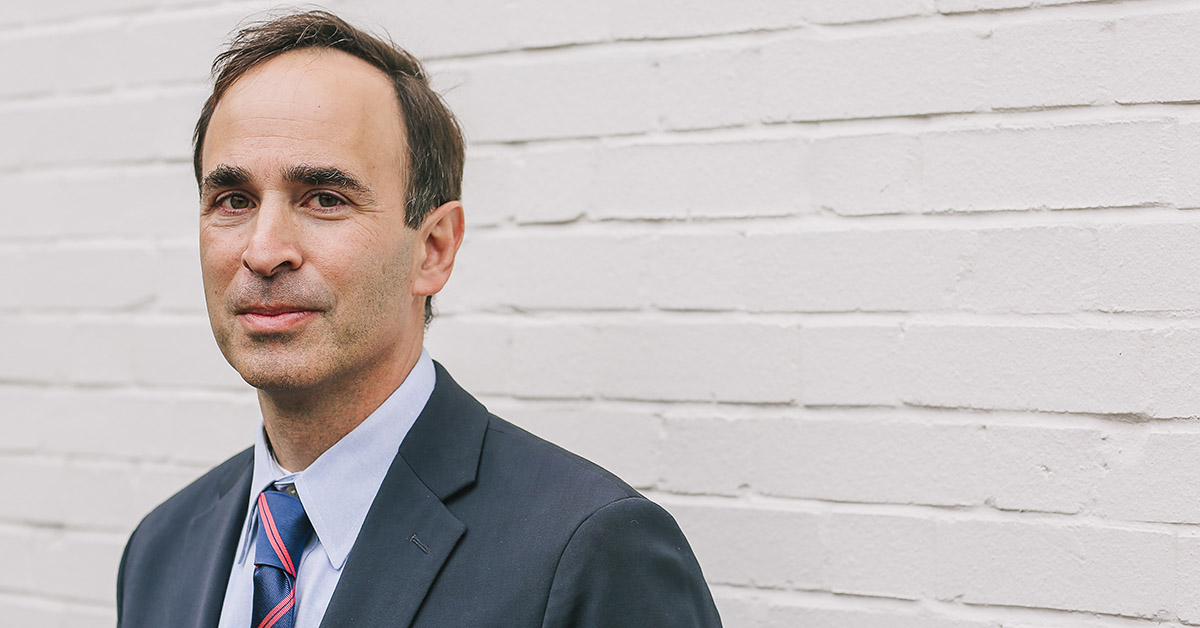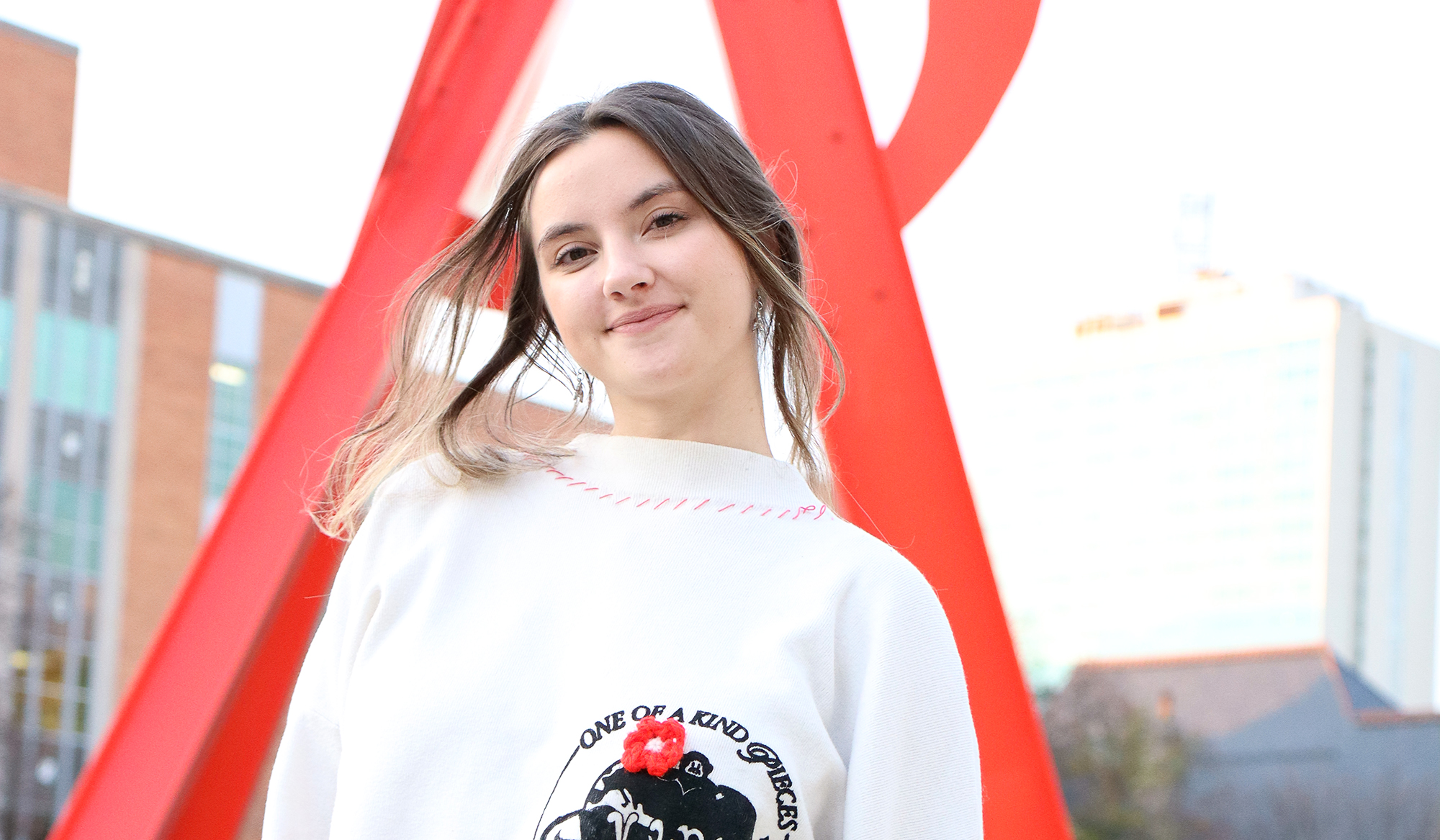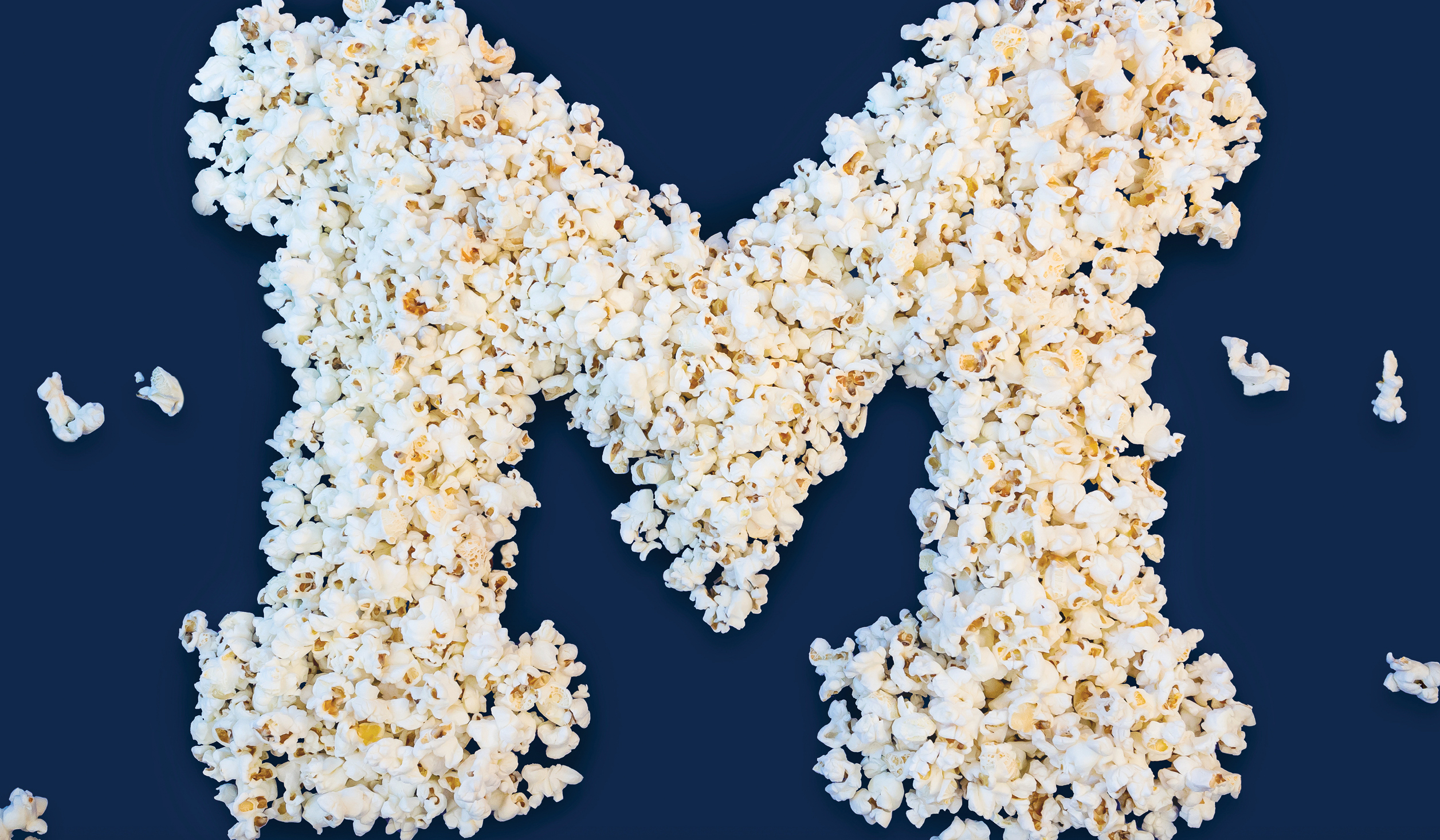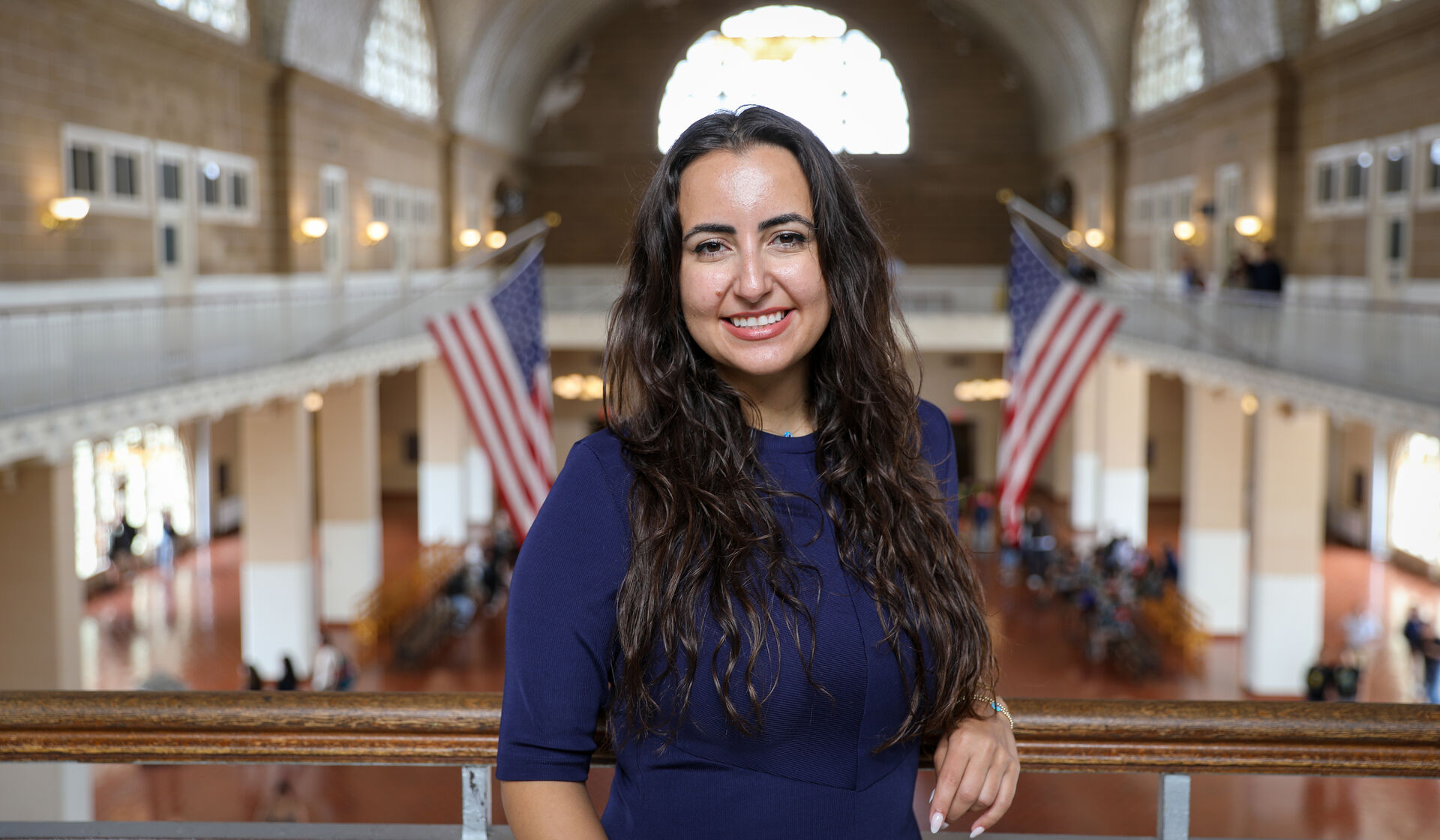On the morning of Nov. 8, Ken Goldstein, MA’93, PhD’96, will be sequestered in an undisclosed Manhattan location where he and one other ABC News election expert will pore over battleground state exit polls, probability samples, and other data in order to learn who will be the next president and which party will control Congress.
The quarantine—complete with supervised bathroom breaks and confiscated smart phones—will end around 5 p.m. when they debrief other analysts on the ABC News Decision Desk team, including Charles Franklin, MA’79, PhD’85, and Paul Freedman, PhD’99. Once the winners are called over the course of the evening, the breaking news will be relayed to election-night anchor George Stephanopoulos, who will immediately inform millions of TV viewers.
“It’s a rush. It’s fun. It’s history,” says Goldstein, who has worked on network election night coverage in every U.S. contest since 1988, plus hundreds of primaries and caucuses leading up to them.
The University of San Francisco (USF) political science professor says that the necessity to get it right on election night is “an opportunity to use everything I learned many years ago in graduate school, but in real time.”
A self-described campaign junkie, Goldstein entered U-M in fall 1990 to study with its distinguished political science faculty. As a graduate student, he continued to do media work, consulting for CBS or ABC and discussing real politics. (He also met his future wife, Amanda Goldstein, ’92, on campus, while Samantha, one of their two children, entered Michigan this fall.)
Freedman, Goldstein’s Michigan classmate and longtime colleague, recalls how they “bonded over statistics and game theory and slogged through thousands of articles about American politics. Ken already had more direct political experience than most of the political scientists whose work we were reading.”
His unbiased reports have made him a main draw for the news media, politicians, students, and scholars.
While working with Freedman and Christopher Achen, their former Michigan professor, during the memorable 2000 presidential election, Goldstein calmly but firmly stood his ground against the media blitz that led to the untimely declaration that Al Gore had won Florida.
“He was right, and the powerful people disagreeing with him were wrong,” says Achen, now a Princeton University political science professor. “And in the end, they backed down.”
Achen says that his former doctoral student has turned into a “talented and very visible scholar in the study of political campaigns.” Goldstein has found his sweet spot amid a swirl of political media, teaching, and research in Washington, where he directs the USF in D.C. program, a consortium that includes students and professors from the Michigan in Washington Program.
Goldstein, 51, has earned a reputation as a cheerful realist about people and politics, offering clear, unbiased reports that have made him a main draw for the news media, politicians, students, and scholars.
Best known for his expertise on the use and impact of political advertising, some of Goldstein’s initial research showed that negative ads tended to inform and engage rather than to demobilize voters.
But even Goldstein could not have predicted the explosion and concentration of political TV advertising since he started covering campaigns three decades ago, much less a presidential contest as bizarre as the current one.
“I hate when people say ‘I’ve never seen anything like it,’” Goldstein jokes. “I’ve never seen anything like it.”
When this wild presidential contest climaxes on Nov. 8, Goldstein will again be joined on the ABC Decision Desk team by Freedman, a University of Virginia political science professor, and Franklin, a Marquette Law School professor.
Then, after a very long night calling the race at ABC, he’ll jump on a train back to Washington just in time to teach students in the Michigan in Washington program.
Based in the San Francisco Bay Area, Steven Cohen is an award-winning communications professional and writer.





